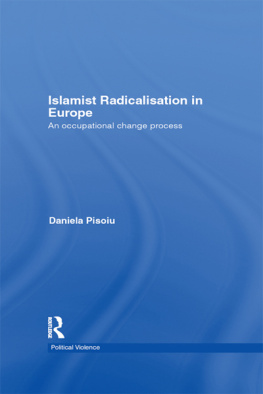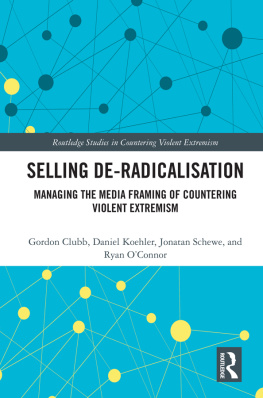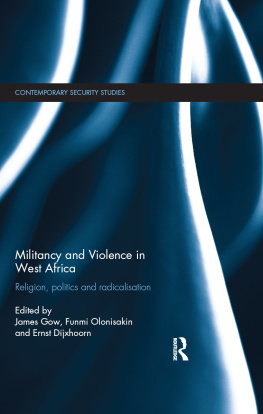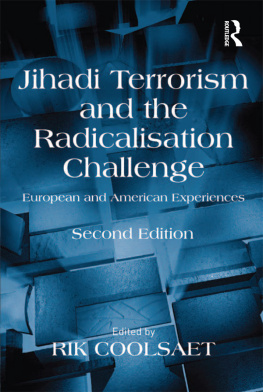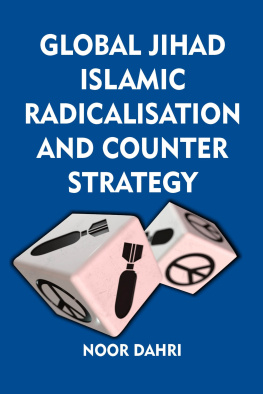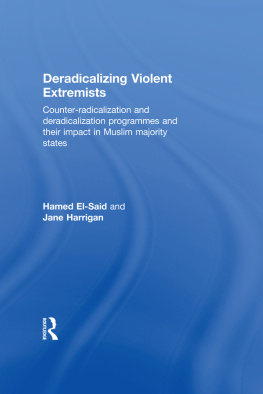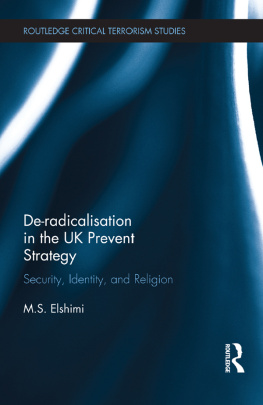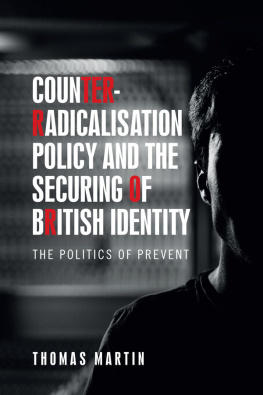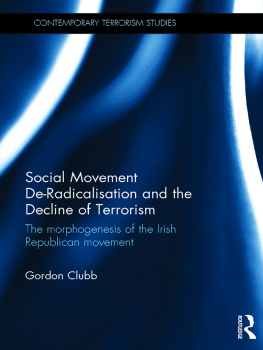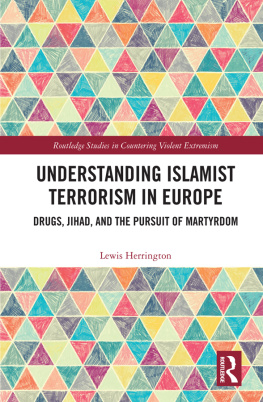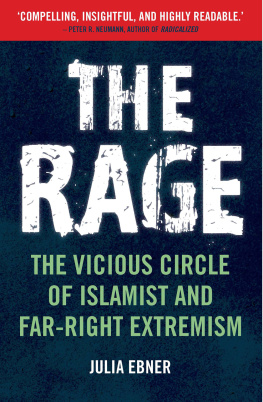Islamist Radicalisation in
Europe
This book examines the Islamist radicalisation process in Europe, developing a new theoretical model based on an empirical study of the evolution of Islamist radicals in their social environment.
The approach of this book is to examine how, and under what conditions, people choose to follow the radical path. It focuses on the experience of radicalisation from the perspective of those who have undergone it. The study is based on trial and court material, along with interviews and open source material collected from many different European countries, and this biographical approach is used to address individuals and the details of their social environment.
Overall, the explanatory framework departs from the existing deterministic paradigm (with grievances as causes), also present in some psychological models, and argues that radicalisation is a process much like occupational choice a rational choice made with social and ideational significance. It addresses critically the assumption that, because the result of the radicalisation process could be seen as abnormal, the cause of it might be of a similar nature. Parallels are drawn with other forms of involvement in extremist and criminal behaviour and European counter-radicalisation policies are considered critically.
This book will be of great interest to students of terrorism studies and political violence, political Islam, social movements, European politics and IR/security studies in general.
Daniela Pisoiu is a Research Fellow at the Institute for Peace Research and Security Policy at the University of Hamburg, and has a PhD in International Relations from the University of St Andrews.
Political Violence
Series Editors: Paul Wilkinson and David Rapoport
This book series contains sober, thoughtful and authoritative academic accounts of terrorism and political violence. Its aim is to produce a useful taxonomy of terror and violence through comparative and historical analysis in both national and international spheres. Each book discusses origins, organisational dynamics and outcomes of particular forms and expressions of political violence.
Aviation Terrorism and Security
Edited by Paul Wilkinson and Brian M. Jenkins Counter-Terrorist Law and Emergency Powers in the United Kingdom, 19222000
Laura K. Donohue The Democratic Experience and Political Violence
Edited by David C. Rapoport and Leonard Weinberg Inside Terrorist Organizations
Edited by David C. Rapoport The Future of Terrorism
Edited by Max Taylor and John Horgan | Right-Wing Extremism in the Twenty-First Century
Edited by Peter H. Merkl and Leonard Weinberg Terrorism Today
Christopher C. Harmon The Psychology of Terrorism
John Horgan Research on Terrorism
Trends, achievements and failures
Edited by Andrew Silke |
The IRA, 19682000
Analysis of a secret army
J. Bowyer Bell Millennial Violence
Past, present and future
Edited by Jeffrey Kaplan Countering Terrorism and WMD
Creating a global counter-terrorism network
Edited by Peter Katona,
Michael D. Intriligator and
John P. Sullivan Mapping Terrorism Research
State of the art, gaps and future direction
Edited by Magnus Ranstorp The Ideological War on Terror
Worldwide strategies for counter-terrorism
Edited by Anne Aldis and Graeme P. Herd The IRA and Armed Struggle
Rogelio Alonso Homeland Security in the UK
Future preparedness for terrorist attack since 9/11
Edited by Paul Wilkinson Terrorism Today, Second Edition
Christopher C. Harmon | A War of Words
Political violence and public debate in Israel
Gerald Cromer Root Causes of Suicide Terrorism
The globalization of martyrdom
Edited by Ami Pedahzur Terrorism versus Democracy
The liberal state response, second edition
Paul Wilkinson Leaving Terrorism Behind
Individual and collective disengagement
Edited by Tore Bjrgo and John Horgan Unconventional Weapons and International Terrorism
Challenges and new approaches
Edited by Magnus Ranstorp and Magnus Normark International Aviation and Terrorism
Evolving threats, evolving security
John Harrison Walking Away from Terrorism
Accounts of disengagement from radical and extremist movements
John Horgan |
Understanding Terrorism and Political Violence
The life cycle of birth, growth, transformation, and demise
Dipak K. Gupta Global Jihadism
Theory and practice
Jarret M. Brachman Combating Terrorism in Northern Ireland
Edited by James Dingley Terrorism and the Olympics
Major event security and lessons for the future
Edited by Anthony Richards, Peter Fussey and Andrew Silke Irish Republican Terrorism and Politics
A comparative study of the Official and the Provisional IRA
Kacper Rekawek Fault Lines in Global Jihad
Organizational, strategic and ideological fissures
Edited by Assaf Moghadam and Brian Fishman | Understanding Violent Radicalisation
Terrorist and jihadist movements in Europe
Edited by Magnus Ranstorp Terrorist Groups and the New Tribalism
Terrorism's fifth wave
Jeffrey Kaplan Negotiating with Terrorists
Strategy, tactics, and politics
Edited by Guy Olivier Faure and I. William Zartman Explaining Terrorism
Causes, processes and consequences
Martha Crenshaw The Psychology of Counter-Terrorism
Edited by Andrew Silke Militancy and Political Violence in Shiism
Trends and Patterns
Edited by Assaf Moghadam Islamist Radicalisation in Europe
An occupational change process
Daniela Pisoiu |
First published 2012
by Routledge
2 Park Square, Milton Park, Abingdon, Oxon OX14 4RN
Simultaneously published in the USA and Canada
by Routledge
711 Third Avenue, New York, NY 10017
Routledge is an imprint of the Taylor & Francis Group, an informa business
2012 Daniela Pisoiu
The right of Daniela Pisoiu to be identified as author of this work has been asserted by her in accordance with sections 77 and 78 of the Copyright, Designs and Patents Act 1988.
All rights reserved. No part of this book may be reprinted or reproduced or utilised in any form or by any electronic, mechanical, or other means, now known or hereafter invented, including photocopying and recording, or in any information storage or retrieval system, without permission in writing from the publishers.

